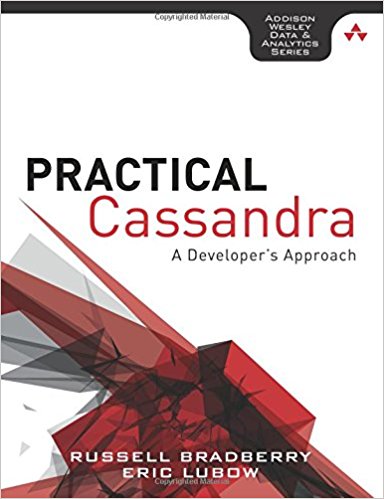If you’ve ever heard the saying, “the second you think it’s time for HR, it’s already too late,” then you’ll know what I’m talking about in this post. SimpleReach, having recently raised a round of funding, is now heavily in to the recruiting process on all fronts. But there is a dichotomy that comes with getting to this point…once you are at the point where can hire, you should have been recruiting for a long time.
Early on, pre-series A, you should be spending your time on ensuring traction and product-market fit. And most of the time, you are going to be doing that on a limited budget (why else would you be going out and raising a series-A if not for more budget). So on both the technology side and the business fronts, until that money comes in, you are in the grind. Thats means writing code, adding features, selling, marketing, and working to be more attractive for the fundraising process. And anyone who’s been though that can tell you, just as with anything else in the startup, it is all consuming.
Then, assuming you are successful in the raise and the money hits, you finally have the capacity to hire. You can do all the things you’ve been wanting to do for a while; more outreach, crank out more features, hire a sales team to grow revenue. The only problem is, you haven’t spent time culling leads on prospective hires. In other words, all the people you could be hiring, you haven’t started talking to or building strong enough relationships with to hand them a job offer and have them sign on board quickly.
So over the past month or so since the money hit, I have spent a lot of time in the recruiting process. That involves going through recruiters, doing the phone screens, actual interviews, and going to events to drum up more interest. And even though historically, I’ve always spent at least some time on getting the word out at events (see slides and videos from my talks), it just hasn’t seemed to be enough. All this obviously takes up a lot of time and time is one of the few precious commodities that exist in a startup. And how to recruit well is a skill that should probably be learned earlier.
But learning how is not an easy task. It is about walking a fine line between telling the world how great you are and being humble enough to let people know that you need their help to become even better (and help them become better too). So the lesson learned is, I believe, is at least two-fold, 1) at any given time, founders should spend at least 10-20% of their time recruiting and nurturing potential relationships, and 2) reinforce the idea that recruiting is everyone’s job. The value of the former is difficult to justify to yourself when you feel like you should be cranking out features or closing deals. But you will thank yourself later if you think more strategically and dedicate some of your time and mental energy to building those relationships for the future. The latter is getting all of your team on board to help you build those relationships and find those people for the future. There are a few good posts on how to recruit for startups. But ultimately, networking is an individual skill and practice and experience is the only real way to develop it.

